Brendan Rodgers’ dismissal in 2015 came at a considerable cost to Liverpool, as the club’s recent financial results have revealed.
The Reds parted ways with the Ulsterman early into the 2015/16 campaign, with Jurgen Klopp taking his place in a particularly well-received move.
Following Rodgers through the Anfield exit were assistant manager Sean O’Driscoll, first-team coach Gary McAllister, head of performance Glen Driscoll and head of opposition analysis Chris Davies.
Previously Fenway Sports Group had also sanctioned the termination of Colin Pascoe and Mike Marsh’s contracts at Rodgers’ behest, as they underwent a major overhaul in staff in 2015.
And as unearthed by sport business expert Dave Phillips, these seven departures saw the Reds pay £15.7 million in redundancy fees.
Liverpool posted a loss of £19.8 million for the last financial year, with this sizeable payout going some length to explaining why this was the case.
This is particularly apt given the club saw their overall revenue rise to over £300 million for the first time in its history.
Wages
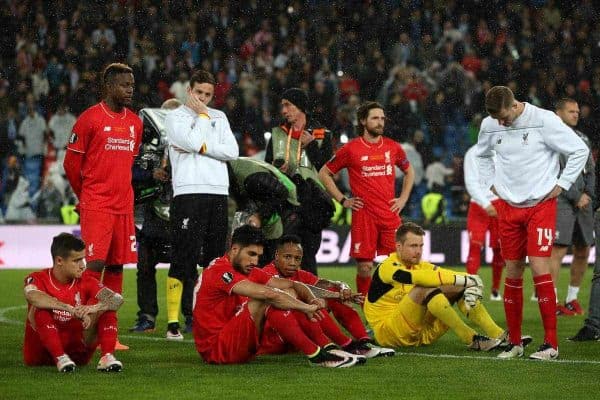
Phillips also noted how the Reds’ wage bill increased by 25 percent on the previous season, with the club paying £208.3 million over the course of the year.
This came despite the number of players being reduced by six and saw Liverpool pay more in wages than two of their top-flight rivals.
Both Arsenal (£195.4 million) and Man City (£197.6 million) shelled out less in wages, despite finishing second and fourth in the Premier League respectively.
This is likely due to Klopp’s side reaching the finals in both the Europa League and the League Cup, with players receiving an increase in pay due to performance-based contract clauses.
Nevertheless, the cost of Liverpool’s 2015/16 campaign and its many changes is stark—particularly given the lack of tangible success.
And with FSG coming under regular criticism for their perceived frugality, this undermines this argument, with John W. Henry and Tom Werner proving their willingness to spend when required to.
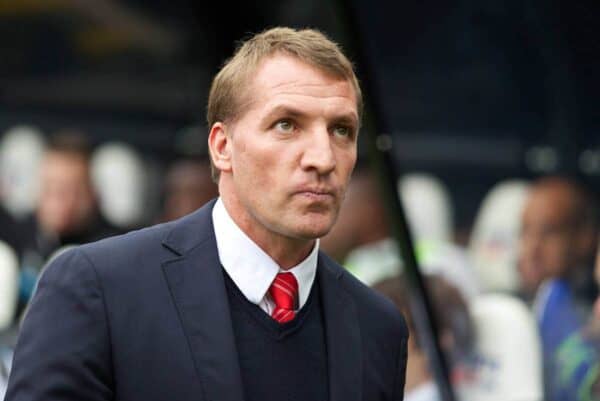
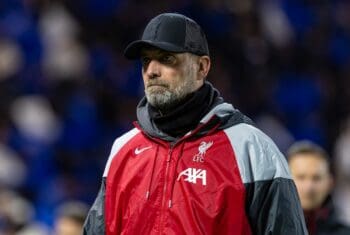



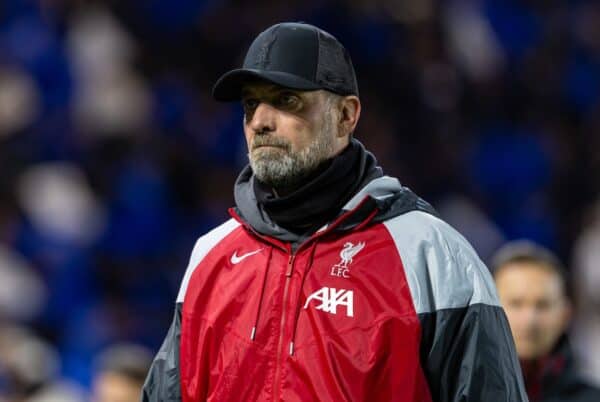
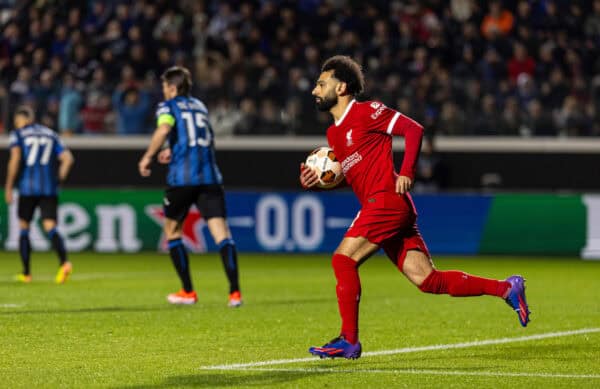
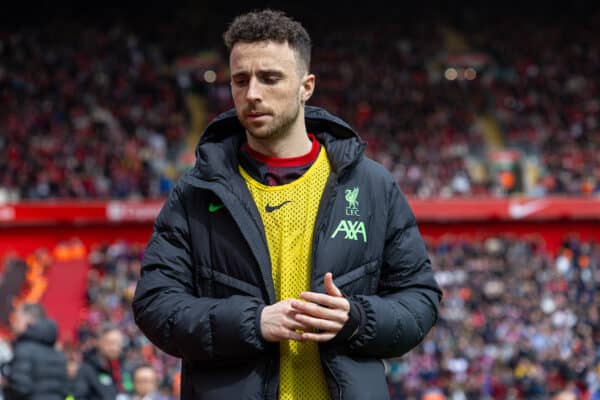
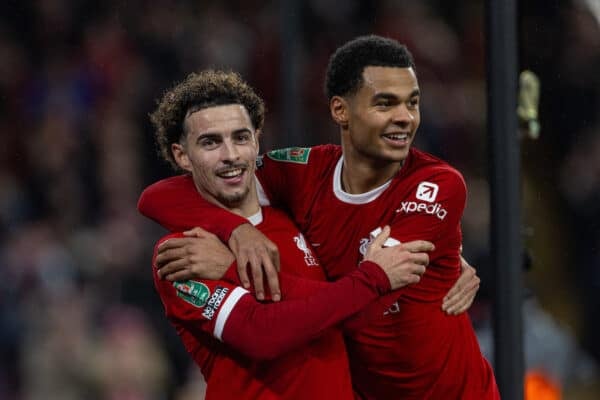
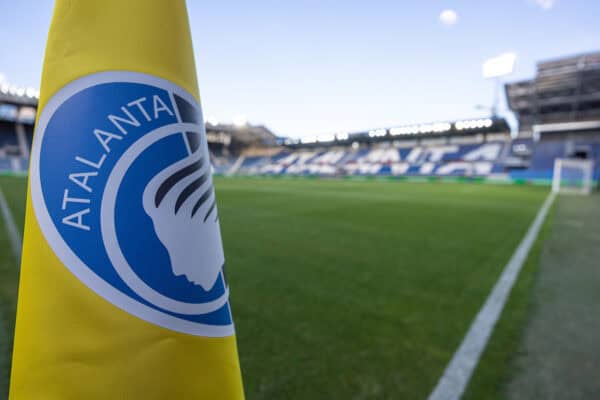


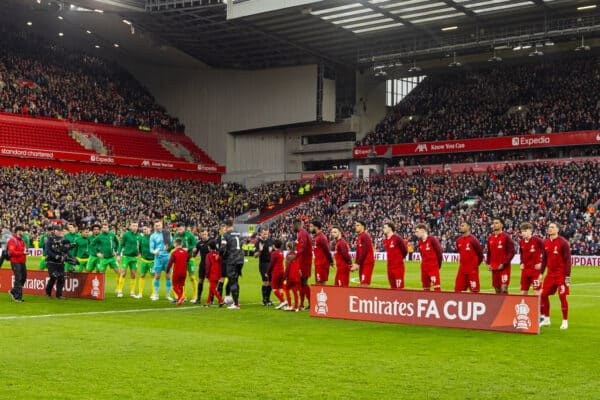

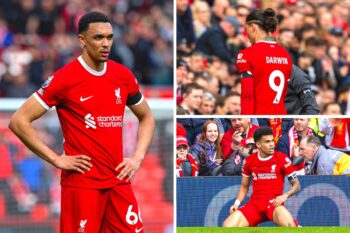

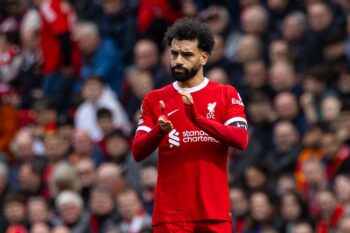
Fan Comments